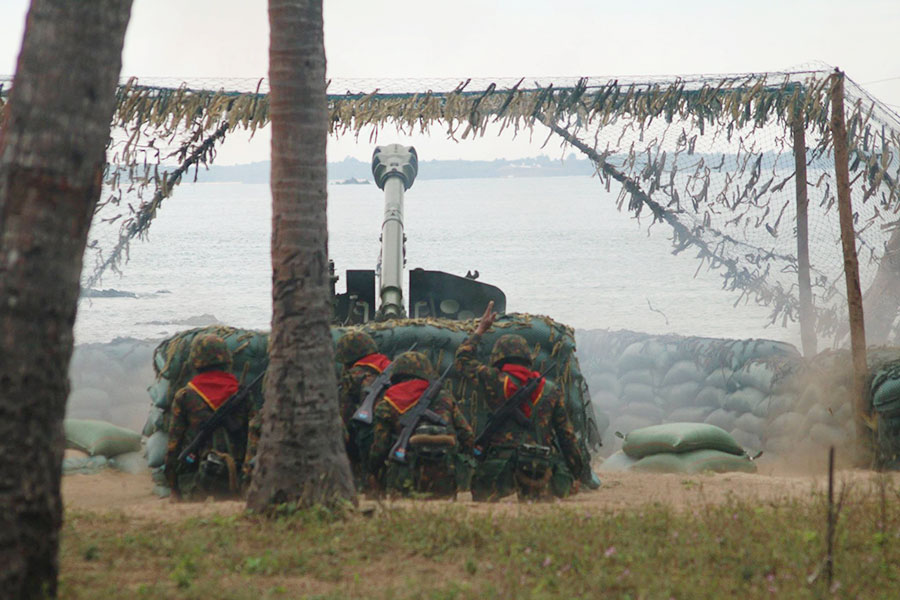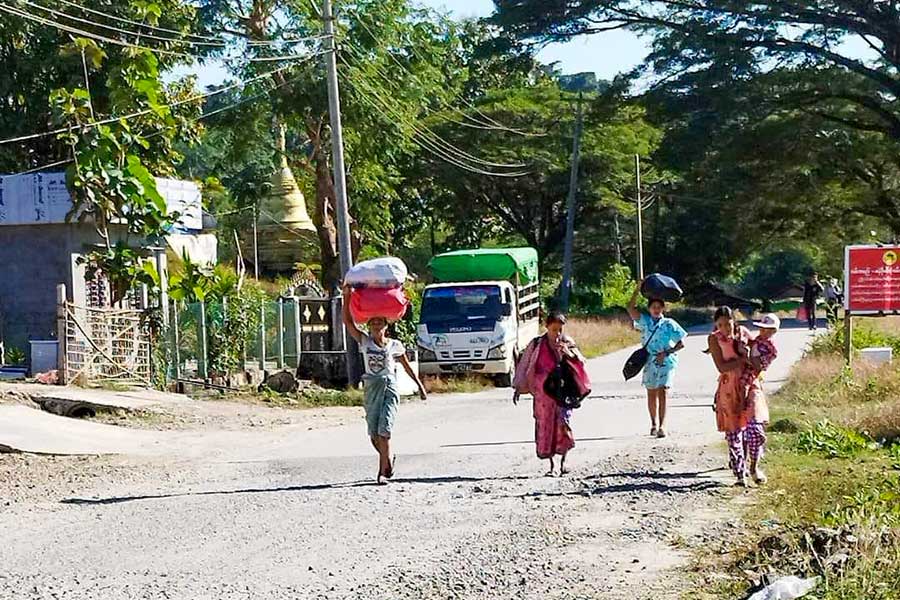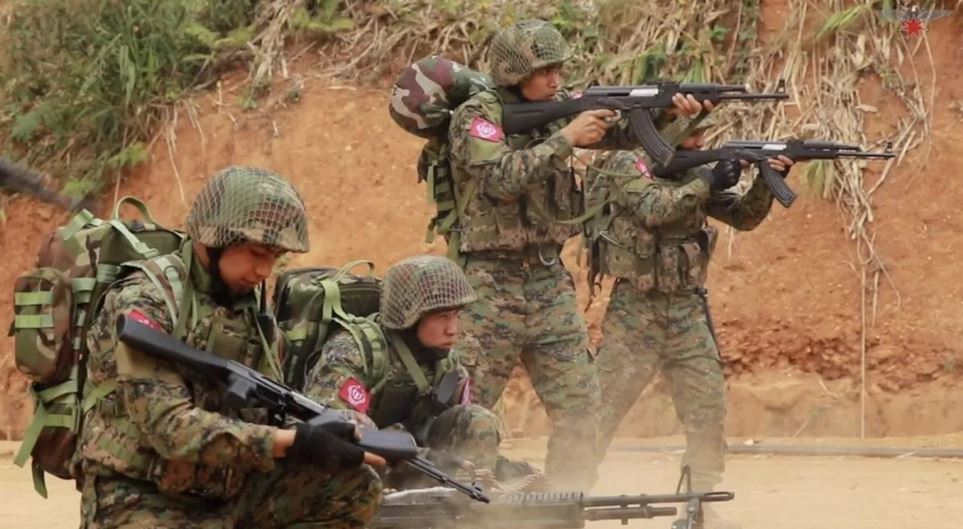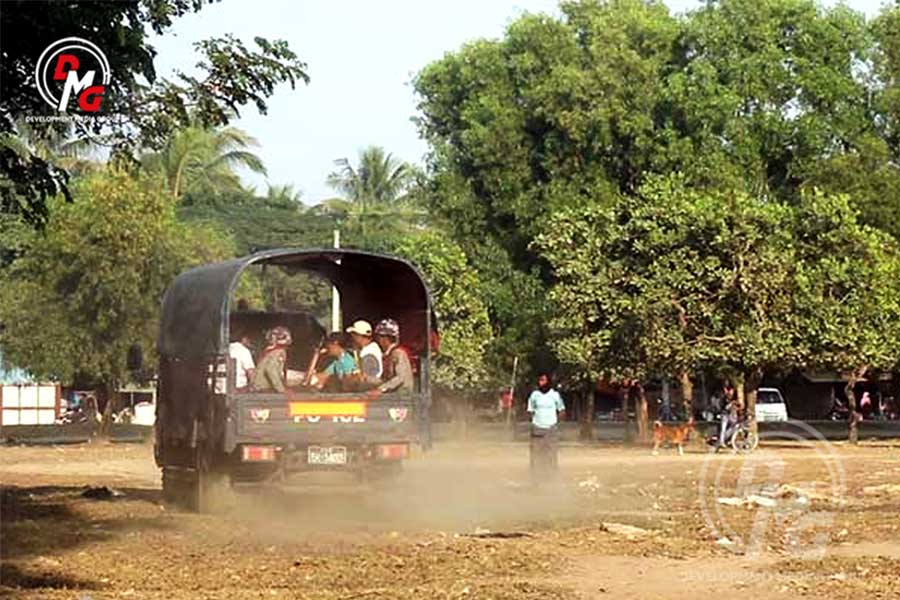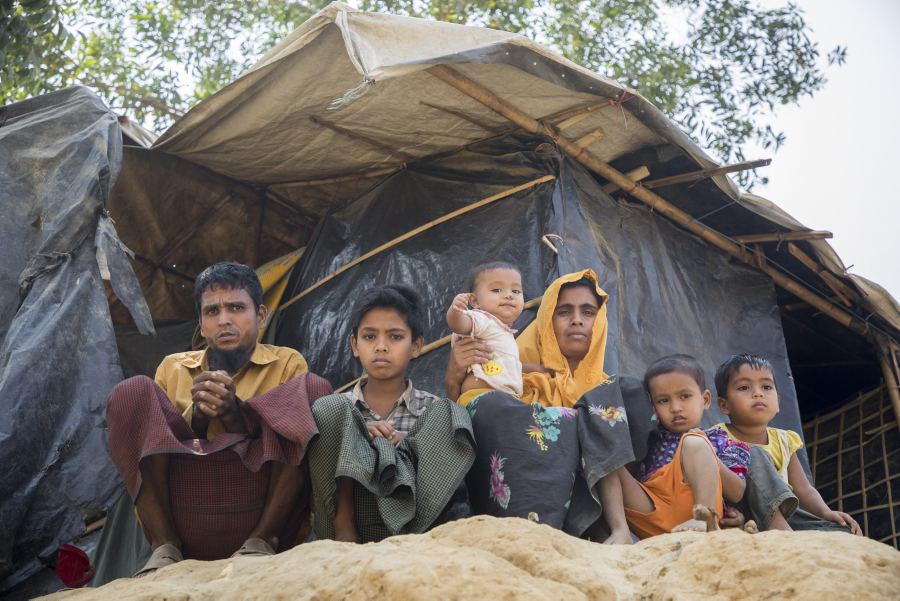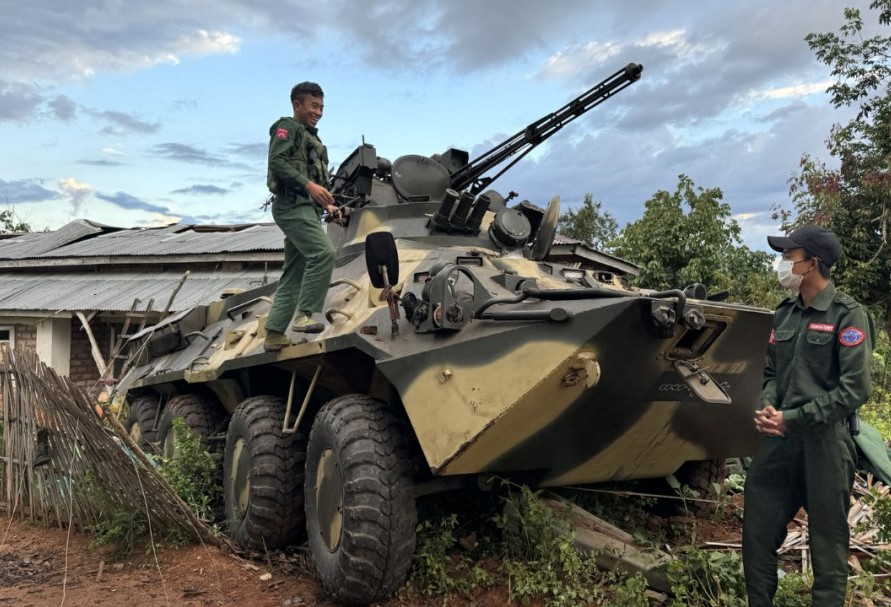Fertiliser prices triple in Arakan State
Fertiliser prices have tripled in Arakan State since last year, making it difficult for local farmers to grow paddy.
08 Jun 2022
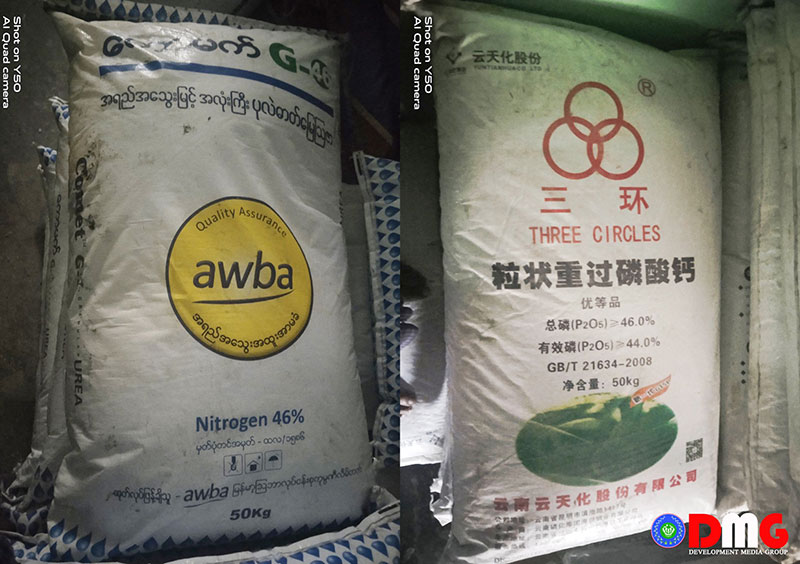
DMG Newsroom
8 June 2022, Sittwe
Fertiliser prices have tripled in Arakan State since last year, making it difficult for local farmers to grow paddy.
Two years ago, the price of a bag of fertiliser was only K25,000 to K35,000, but now has risen to more than K100,000. U Aung Kyaw Mya, a local agricultural supplier in Mrauk-U, told DMG that there are fewer buyers due to the soaring fertiliser prices.
“Fertiliser prices are skyrocketing, so we can’t sell much. Some farmers sold their cattle to buy tractors to plough their farmlands due to rising fertiliser and fuel prices. Farmers are unable to farm as a result of soaring fuel and fertiliser prices. There are many farmers who have abandoned farming,” he said.
It is not easy for farmers to grow paddy due to the high agricultural costs, and they will face financial losses if they cultivate it, said U Aye Thar Aung, a farmer from Ngapyitet village in Pauktaw Township.
“Farmers are struggling to grow paddy this year. How can we grow paddy if fertiliser and fuel prices continue to rise? Farmers will face financial losses if they grow paddy this year,” he added.
The price of diesel has risen from around K300,000 per barrel two years ago to more than K600,000, said U Soe Naing, a local farmer from Mrauk-U Tin Nyo village.
“When it comes to fertiliser, this is the worst year. People focus on the skyrocketing fuel and fertiliser. … When farmers have no more cows and have to plough their farmlands with tractors, diesel is the mainstay,” he said.
U Kyaw Zan, chairman of the Arakan Farmers’ Union, said the number of paddy farmers could decrease in Arakan State this year due to rising fertiliser and fuel prices.
“It is difficult to say exactly how many acres of paddy can be grown in Arakan State. But in general, for farmers, paddy acreage is declining,” he said.
There are approximately 1.2 million acres of arable farmland in Arakan State, but tens of thousands of acres have gone uncultivated in recent years due to conflict, displacement and rising agricultural expenditures, according to figures from the Arakan Farmers’ Union.
Sown acreage declined by more than 50,000 acres last year in Arakan State due to the aftereffects of two years of military conflict and the rising cost of agricultural inputs, according to the Arakan Farmers’ Union.

